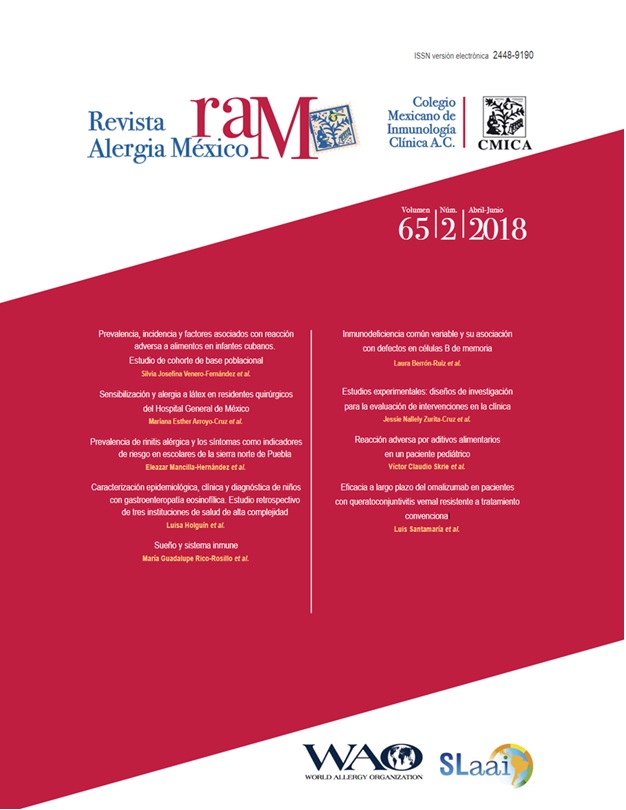Abstract
Experimental studies are used to assess the efficacy and effectiveness of therapeutic (pharmacological or surgical), preventive (such as vaccination or lifestyle changes) or educational interventions (e.g., workshops to improve quality and healthcare). There are different experimental studies but, currently, randomized controlled trial (RCT) is recognized as the type of study that provides the highest level of evidence. When this type of research cannot be carried out, there are quasi-experimental studies, where there may be no randomization or a control group; however, this type of studies has a lower degree of validity. This article describes the way different types of RCT and quasi-experimental studies are performed; their advantages and disadvantages are also explained.
References
Sackett DL. Explanatory and pragmatic clinical trials: A primer and application to a recent asthma trial. Pol Arch Med Wewn. 2011;121(7-8):259-263.
Villasís-Keever MA, Miranda-Novales MG. El protocolo de investigación II: los diseños de estudio para investigación clínica. Rev Alerg Mex. 2016;63(1):80-90.
Lazcano-Ponce E, Salazar-Martínez E, Gutiérrez-Castellano P, Ángeles-Llerenas A, Hernández-Garduño A, Viramontes JL. Ensayos clínicos aleatorizados: variantes, métodos de aleatorización, análisis, consideraciones éticas y regulación. Salud Publica Mex. 2004;46(6):559-584. Disponible en: http://www.scielo.br/pdf/spm/v46n6/22570.pdf
Hróbjartsson A, Gotzsche PC. Is the placebo powerless? An analysis of clinical trials comparing placebo with no treatment. N Engl J Med. 2001;344(21):1594-1602. DOI: 10.1056/NEJM200105243442106
Calva-Mercado JJ. Estudios clínicos experimentales. Salud Publica Mex. 2000;42(4):349-358. DOI: 10.1590/S0036-36342000000400010
Thorpe KE, Zwarenstein M, Oxman AD, Treweek S, Furberg CD, Altman DG, et al. A pragmatic-explanatory continuum indicator summary (PRECIS): a tool to help trial designers. J Clin Epidemiol. 2009;62(5):464-475. DOI: 10.1016/j.jclinepi.2008.12.011
Bono-Cabré R. Diseños cuasi-experimentales y longitudinales. España: Universidad de Barcelona/Facultad de Psicología/Departamento de Metología de las Ciencias del Comportamiento; 2012.
Portney LG, Watkins MP. Foundations of clinical research. Applications to practice. USA: FA Davis Company; 2015.
Mazzucca S, Tabak RG, Pilar M, Ramsey AT, Baumann AA, Kryzer E, et al. Variation in research designs used to test the effectiveness of dissemination and implementation strategies: a review. Front Public Health. 2018;6:32. DOI: 10.3389/fpubh.2018.00032
Lillie EO, Patay B, Diamant J, Issell B, Topol EJ, Schork NJ. The N-of-1 clinical trial: The ultimate strategy for individualizing medicine? Per Med. 2011;8(2):161-173. DOI: 10.2217/pme.11.7

This work is licensed under a Creative Commons Attribution-NonCommercial 4.0 International License.
Copyright (c) 2018 Revista Alergia México

